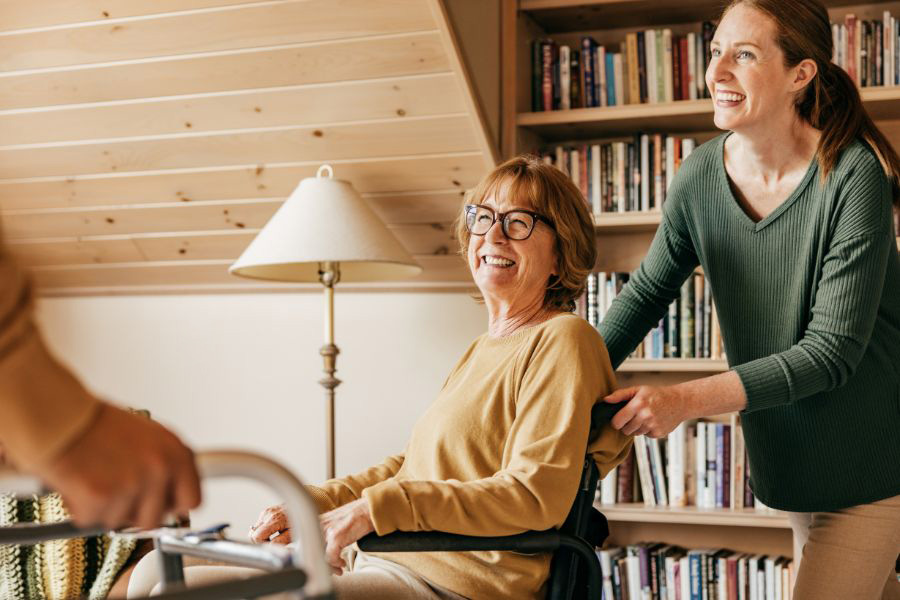Getting a dementia diagnosis for a parent can feel like everything you once counted on is suddenly uncertain. It’s emotional, disorienting, and deeply human. Even if you saw signs before, hearing it spoken aloud changes everything. Suddenly, there are more questions than answers—what happens now, what kind of help will be needed, how to protect their quality of life while honoring their independence.
At Lucent Health Group, we’ve seen firsthand how families can move from fear to clarity when they take the first steps with care and support. This isn’t just about a diagnosis. It’s about what comes next, and how to make those next steps count.
Understanding What Your Parent Might Be Feeling
The early stages of dementia can come with a deep mix of emotions—confusion, embarrassment, sadness, even denial. Many parents worry they’ll be treated differently, or fear becoming a burden. This is a time when presence matters more than answers.
Start by acknowledging their feelings and letting them know they aren’t alone. Gentle, open conversations help lay the groundwork for future decisions. If your parent is able, involve them in early planning. It can give them a sense of control and dignity.
Where Families Can Turn for Help
In the weeks after a diagnosis, families often find themselves overwhelmed. Doctors may provide basic guidance, but long-term care planning isn’t something most people feel prepared for. That’s where support makes all the difference.
Reaching out to experienced professionals—such as social workers, home care specialists, or dementia care coordinators—can take some of the pressure off. They help explain options in plain terms, guide next steps, and give reassurance that there is a path forward.
This is also when many families begin exploring in-home care. Even light companion care can make the transition smoother. A few hours a week with a trusted caregiver can provide structure and calm, while giving loved ones space to breathe and regroup.
Planning Early Brings Confidence, Not Pressure
Families often delay care because they don’t think it’s needed “yet.” But starting small, early on, is one of the most effective ways to support emotional stability and long-term well-being.
That might mean having someone visit weekly to help with meals, medication reminders, or simply provide conversation and consistency. These routines build trust and make future changes less stressful.
Early planning also gives the family time to prepare legal documents, adjust living spaces for safety, and discuss wishes for the future. It’s much easier to make thoughtful choices when you’re not in a crisis.
You’re Not Alone in This
At Lucent Health Group, we understand that caring for a parent with dementia is deeply personal. There’s no one-size-fits-all solution. But there is a way forward that includes support, respect, and guidance at every step.
We’re here to help you think through the best care options, whether you’re looking for occasional companionship or planning for more involved needs down the road. Whatever stage you’re in, we’ll meet you there—with empathy, insight, and the commitment to make life at home feel secure again.
Reach out today. We’re here to help.






